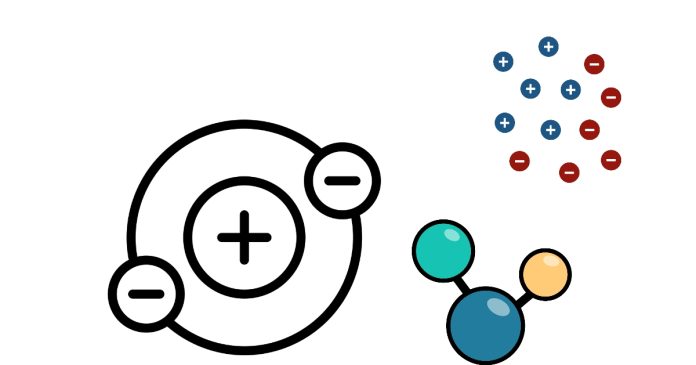The pronunciation of the word ion can vary slightly based on regional accents, but it generally has two accepted forms:
American English Pronunciation (ˈī-ˌän):
The first syllable, “ī”, rhymes with “eye,” and is pronounced as a long “i” sound.
The second syllable, “än”, rhymes with “on,” where the “a” has an open sound like in “father.”
Together, it sounds like “eye-on” with a slight emphasis on the first syllable.
British English Pronunciation (ˈī-ən):
The first syllable, “ī”, is identical to the American version and rhymes with “eye.”
The second syllable, “ən”, is softer, pronounced like “uhn” with a schwa sound (a neutral vowel sound).
Combined, it sounds like “eye-uhn,” with less emphasis on the second syllable.
Contextual Usage of “Ion”
In science, an ion is a particle with an electrical charge, resulting from the loss or gain of electrons.
The pronunciation is consistent regardless of whether you’re discussing a single ion (e.g., sodium ion, Na⁺) or ions in general.
In casual speech, especially in American English, the pronunciation “eye-on” is more common, as it has a clearer and slightly more distinct articulation than the softer British “eye-uhn.” Both forms are correct, so which one you use often depends on personal or regional preference.


